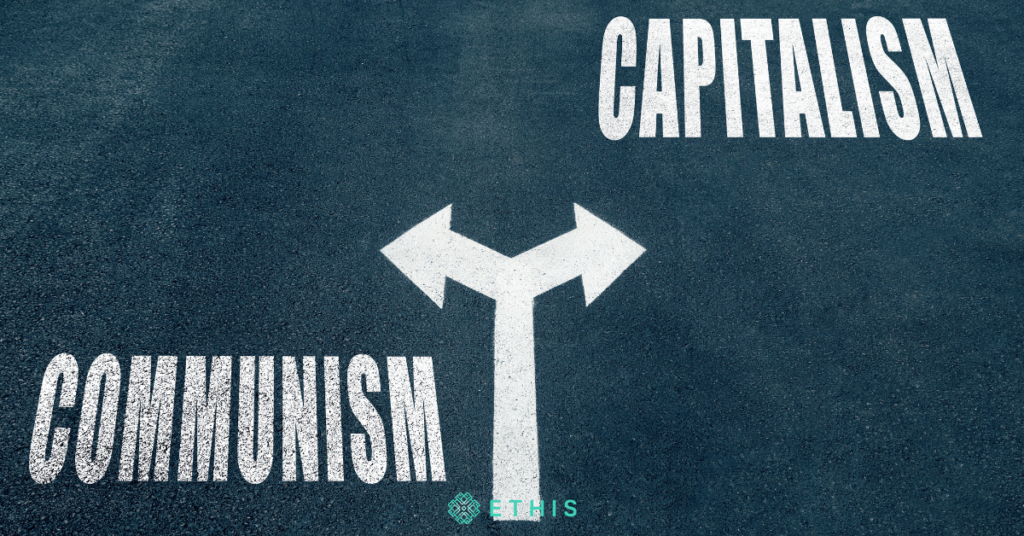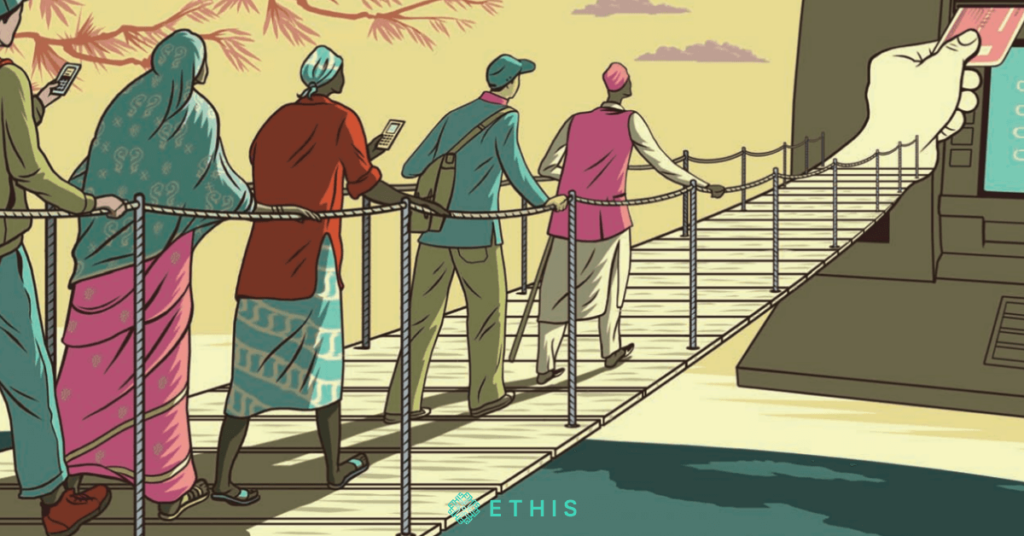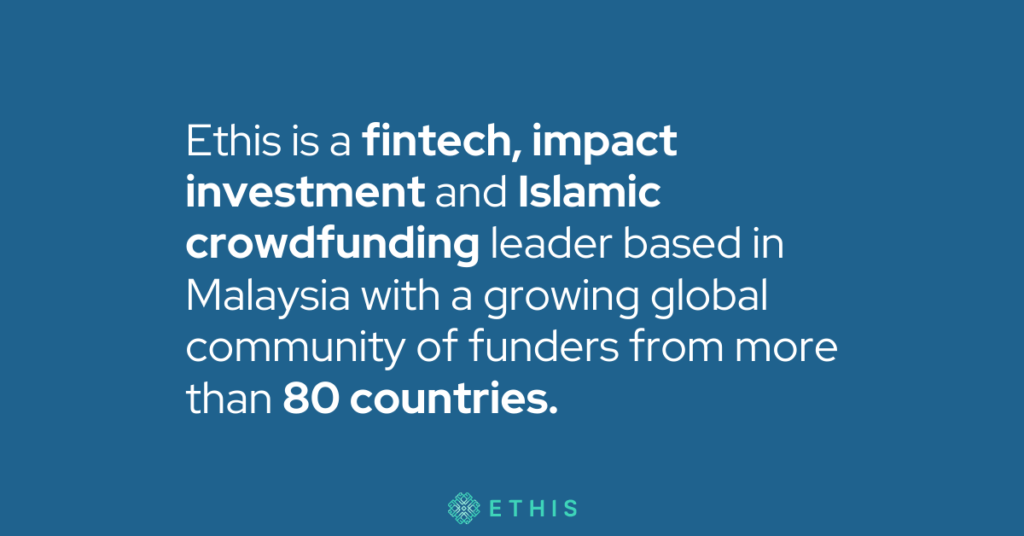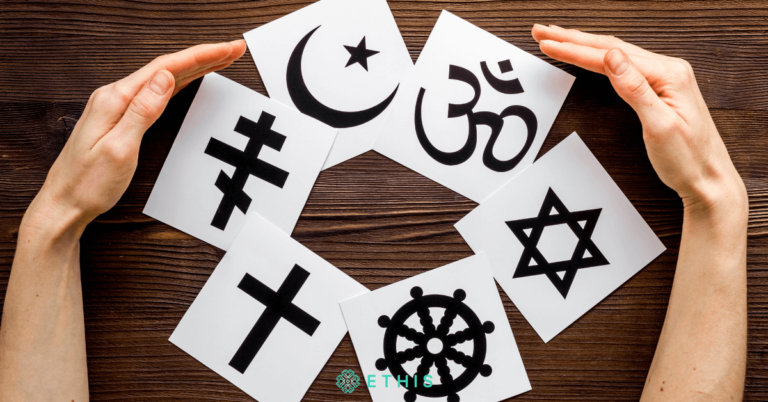
By Allapitchay Mohamed Mihlar
Muslims today are perhaps the most enthusiastic about business ethics and faith-based economy. They look at the progress of Islamic Finance as a solution provider for day to day economic needs and as a contributor to sustainable development. In short, they look at it very positively.
However, this is not to say other religions lack teachings of business ethics. Every religion teaches sound business ethics although their followers may not take these seriously. Although they do practice such ethics, they shy away from invoking religion in this matter.
Some, of course, sadly, choose to ignore this such as the Bible’s teachings against usury which originally meant interest payments in general, but later underwent an etymological shift to mean exorbitant charging of interest.
Common ground for all religions
However, understanding other religions’ ethics in business dealings is imperative in promoting good business ethics, broadening business networking and even expanding on humanitarian services to the needy.
Seeing eye to eye in business ethics can help foster closer relationships that can extend to other areas such as inter-faith dialogue which Islam promotes as well as collaboration on issues such as education, health, environment and the public welfare generally.
As we Muslims know, the Prophet of Islam (Peace Be Upon Him) laid the foundations of a modern welfare state over 1400 years ago with practices like Zakat that ensured wealth did not accumulate in the hands of a few but circulated among all sections of society and ensured that it reached the hands of the most deprived in order to meet their basic needs.
Likewise, we know that Jesus Christ (Peace Be on Him) taught a lot about charity and railed against exploitative practices such as when he turned the tables of the moneychangers.
Although the Buddha did not propose a formal economic theory as understood at the present day, a reading of Buddhist scripture shows that he was keenly alive to the realities of the world around him.
One such incident from his life brings this out. He did not preach the Dharma to a hungry farmer who came to him. When the Buddha realized his dire condition, he immediately had food provided to him with the words ‘Sabbe Satta Aharatthika’ “All beings are desirous of food”. Thus even the very other worldly Buddha prioritized burning human needs.


Similarities in Shariah, Biblical Law and the Dharma
The Bible states: Thou Shalt not kill, Thou shalt not steal, Thou shalt not bear false witnessagainst thy neighbour, Thou shall not covet your neighbour’s wife, Thou shalt not covet your neighbour’s goods. (Exodus 20:2-17).
The Panca Sila or five fundamental precepts of Buddhist ethics likewise lay down that Thou Shalt not Kill, Thou Shalt not Steal, Thou Shalt Not Lie, Thou Shalt not imbibe liquor and Thou Shalt not Commit Adultery.
These as will be evident to any practising Muslim are very similar in essence to the teachings of the Shariah whose objectives as expressed in what we call the Maqasid As-Sharia consist of the following: Preservation and protection of faith, life, family, intellect and wealth.
Thus even to a good Christian or Buddhist as much as a good Muslim, trading in arms, exploiting one’s fellow beings, deceiving others, lusting after others wives and imbibing alcoholic drinks are prohibited and to be avoided at all costs.
It is recorded that once a layman named Dighajanu Koliyaputta approached the Buddha to beseech him for instructions to lead a righteous lay life. The contents of the sermon are set out in detail in a well-known sutta known as the Vyagghapajja sutta. Here the Buddha states that a layman should know the details of his income and expenses and always endeavour to see that both are kept within the bounds of reasonableness. The life of the spendthrift as well as that of the miser is equally discouraged and condemned. Thus the Buddha clearly spoke about the Middle Path.
Similarly, we know as Muslims that have to follow the Middle Way and avoid extremes in all aspects of life including consumption. “And they who, when they spend, are neither extravagant nor miserly, and there is ever a just meaning between the two” as the Qur’an in Surah Al Furqan, verse 67 very beautifully puts it. Surplus is best spent in the service of virtue, righteousness, public welfare etc., instead of luxuries which is why Shariah emphasizes so much on Zakat, Sadaqah and Awqaf.
Although some today labour under a misconception that Buddhism is not concerned about worldly life, this is not so. Earning wealth and leading a righteous life was not considered contradictions in true Buddhism. This is clear from a simile found in Anguttara Nikaya where the Buddha compared the person who was concerned with neither of those two aspects of life to the blind man while the person who was interested only in one aspect to the one-eyed man in contrast to the person who paid equal attention to both aspects as a man who could see with both his eyes. This shows that a Buddhist was not supposed to neglect one for the other.
We can find many such similarities in all faith traditions. The Bible says on employment: The wages of a hired servant shall not remain with you all night until the morning. (Leviticus 19:13). Likewise, the Messenger of Allah commanded us “Give the worker his wages before his sweat dries”. (Sunan Ibn Majah 2443.
The Holy Quran recommends a man to work hard in this world for the betterment of his life in the hereafter “But seek the abode of the Hereafter in that which God has given you and neglect not your share of the world” as stated in Surah Al Qasas verse 77).
In doing so, Muslims don’t merely seek worldly pleasure. They are supposed to strike a balance as seen in the supplication: “Oh Lord leave us what is good in this world and also what is good in the Hereafter and save us from the punishment of the Fire” (Rabbanaa ‘aatinaa fid-dunyaa hasanatan wa fil-‘aakhirati hasanatan waqina adhaban nar).
Indeed, one of the main features of an Islamic economic system is that it provides a solution to the economic problems of man by adopting the golden mean between the two extremes of capitalism and communism, retaining the virtues of both without including any of their evils. Therefore, one of the main keys to resolving the world’s economic challenges is definitely increasing financial inclusion.





What does it mean to be financially inclusive?
Efforts to make financial products and services available and accessible to all individuals and businesses, regardless of their personal net worth, corporate size or even religion, are referred to as financial inclusion.
Financial inclusion aims to break down the barriers that prevent people from participating in the financial system and benefiting from its services. It’s also known as “inclusive finance.”
The process of financial inclusion
While financial inclusion has long been a challenge, a number of factors are now helping broaden access to the types of financial services that many affluent consumers take for granted.
The financial industry, for its part, is always devising innovative ways to supply products and services to the world’s people while still making a profit.
Financial technology (or fintech) has, for example, given creative tools to address the problem of financial service inaccessibility and designed new ways for individuals and businesses to acquire the services they require at reasonable pricing.
The expanding usage of cashless digital transactions, the introduction of low-fee robo-advisors, and the expansion of crowdfunding and peer-to-peer (P2P) or social lending are just a few examples of fintech advances that have assisted the cause of inclusion in recent years.
People in emerging markets, who may be unsuitable for loans from traditional financial institutions due to a lack of financial history or credit record with which to judge their credibility, have found P2P lending to be particularly advantageous.


Financial Inclusion: Ethics through Islamic fintech
The Shariah, Biblical Law, and the Dharma are all based on ethical principles that are universally accepted. Islamic fintech has proven to be successful in achieving financial inclusion based on ethical practices.
Islamic fintech is designed to promote financial inclusion by its very nature. Muslims believe that wealth and money are not intended to be limited to a small number of people or to serve a particular segment of society; rather, they are blessings from Allah (swt) that are intended for the entire human race. Islamic fintech brings us one step closer to realising this vision.
Several significant Islamic fintech businesses operate in the Islamic finance sector, including Ethis.co, KapitalBoost.com, Wahed Invest LLC, and Yielders, which operate in P2P lending, crowdfunding, and investing robo-advisory segments, among others.
Equity crowdfunding connects issuers (companies and entrepreneurs looking for financing) with investors looking for investment opportunities. This matching is done with great efficiency and openness, and potentially on a big scale across borders.
The role of equity crowdfunding in shifting the status quo is significant. This is because equity crowdfunding systems have a wide reach due to their online and decentralised nature, potentially bringing funds to those who were previously excluded.
Popular equity crowdfunding campaigns may also help new businesses get off the ground or fund key projects, allowing them to scale up and compete boldly in the open market. Ethis.co, which is a prominent Islamic crowdfunding platform that aims to blend ethics with Islamic principles, is a great illustration of this.
Equity crowdfunding is also known for its open and democratic aspect, which allows nearly anyone with extra cash to invest as long as they meet the minimum investment requirement, which is usually only a few hundred dollars.


Let’s work towards a better world
We need to explore the similarities which bring different communities closer and prepare the common ground for mutual understanding and sustainable development. Our mental readiness for peaceful co-existence and good citizenship should create a peace of mind that can heal our differences and grievances of past communal unrest.
Financial inclusion is what brings people from all backgrounds together and sets the framework for mutual understanding. Financial inclusion attempts to remove the barriers that restrict people from participating in and benefiting from the financial system. Social impact companies such as Ethis contribute to closing these gaps and bringing people from all walks of life together, regardless of their religious beliefs.
As the Qur’an puts it:
God is our Lord and your Lord. For us our deeds and to you yours. Between us and you let there be no strife. God will bring us together. And to Him shall we return.
Read more about Islamic P2P Crowdfunding





Top Posts
Islamic P2P Crowdfunding Explained
How to Earn Halal Money? The Money Mindset
Halal Investments for Singapore Muslims? It’s time for a shake-up in the Islamic Investments scene.
Smart investment for making Halal money
3 Reasons Why Property Crowdfunding is the Smart Investment for You